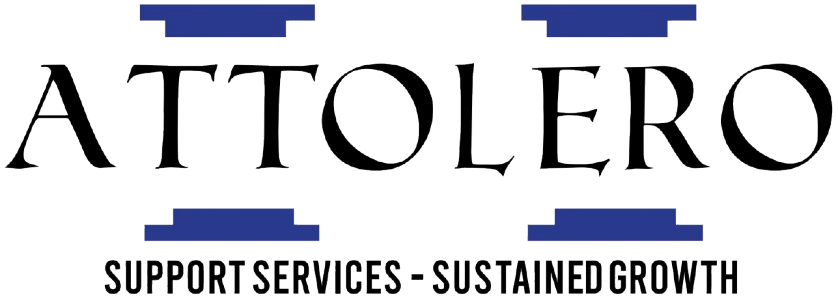What Is a Charitable Solicitation License—And Does Your Nonprofit Need One?
DATE
Jul 07 2025 22:20
AUTHOR
Team Attolero
Before your nonprofit launches that next fundraising campaign, hosts an event, or shares a “Donate Now” button online, there’s something important to consider: Do you have the proper license to ask for donations?
It’s called a charitable solicitation license —and in most states, it’s required by law.
Why It Matters
A charitable solicitation license (sometimes referred to as a registration or permit) is a legal authorization that allows a nonprofit organization to ask the public for donations in a specific state. The purpose? To protect donors from fraud and ensure that charitable organizations operate transparently and ethically.
Who Needs One?
If your organization solicits donations in any form—whether through mail, events, phone calls, social media, or your website—you likely need to register in every state where those solicitations occur. This applies to most 501(c)(3) nonprofits.
Where It’s Required
Currently, over 40 U.S. states require charitable solicitation registration. The requirements vary by state, but if you're fundraising across state lines (even online), you may need multiple registrations.
What the Process Involves
Registering typically means filing an application with the appropriate state agency—often the Attorney General’s Office or Secretary of State. You may also need to submit:
-
Financial statements
-
A copy of your IRS Form 990
-
Proof of 501(c)(3) status
And don’t forget: many states charge a filing fee.
Don’t Forget to Renew
Charitable solicitation licenses usually need to be renewed annually. Missing a deadline can lead to fines, penalties, or even being barred from fundraising in that state.
Bottom line: If your nonprofit is asking the public for support, make sure you’re registered to do so. Staying compliant isn’t just about following the rules—it’s about protecting your mission and maintaining donor trust.

